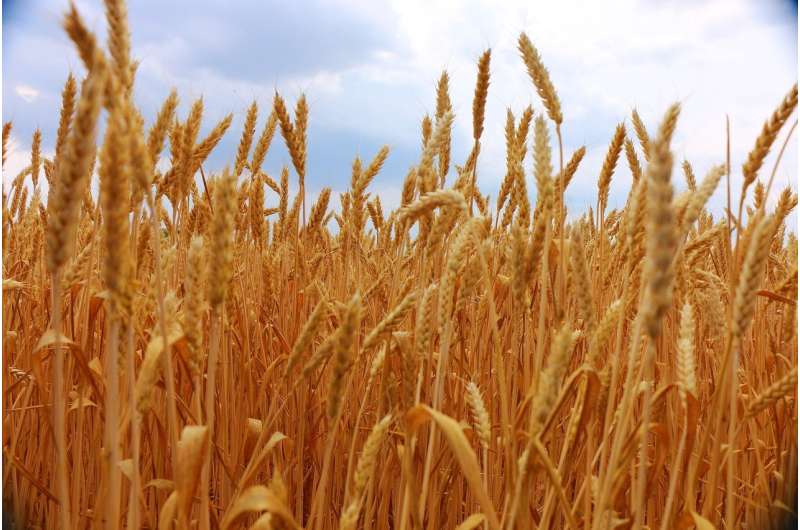Turning agriculture waste into new industries

Increasing the value of agriculture waste and turning it into new products will be the outcome of a new $10.9 million research consortium led by the University of Adelaide.
The research consortium – Agricultural Product Development – has been granted $4 million over four years by the State Government through its Research Consortia Program. The University of Adelaide is contributing $2.3 million (cash and in-kind) with the remaining support coming from a range of partners.
The consortium will bring together a total of 18 partners to develop high-value products from agricultural waste: nine South Australian-based companies from the agriculture and food sector, and another nine national and international academic institutions and industry partners.
"Agriculture is already a key contributor to South Australia's economy but its huge potential to generate high-value products and create new post-farm gate industries has not yet been realised," says Professor Vincent Bulone, research consortium lead investigator and director of Adelaide Glycomics at the University's Waite campus.
"Our agricultural and horticultural industries generate abundant waste biomass, which is currently disposed of at a cost to the producer, or only a low return. But there are compounds we can derive from this waste – a range of different 'biomolecules' – that have high-value potential applications for their structural or health properties."
Some biomolecules that can be derived from South Australian crop waste show anti-oxidant, anti-inflammatory, anti-microbial, anti-cancer or gut-health properties; while others provide mechanical strength or texturising properties in food, structural materials, lubricants and cosmetics.
Examples include anthocyanins from apples and cherries, and chitosan from mushrooms for use in skin care products; sulforaphane from Brassica vegetables with potential benefits for diabetic patients; and cellulose used for composite materials.
South Australian Minister for Industry and Skills the Hon. David Pisoni says: "South Australia's agricultural sector is a significant contributor to the growth of South Australia's economy.
"The outcomes from this major research consortia that includes local, national and international research institutions along with industry partners, will contribute to the creation of new post-farmgate industries through the development and commercialisation of value-added products from agricultural waste."
A strong focus of the consortium will be attracting students and researchers and providing training across multiple disciplines and industrial specialisations.
The consortium will build on the work of Adelaide Glycomics, a carbohydrate analytical facility at the Waite campus, and make use of other, complementary analytical activities provided by the Adelaide Proteomics Centre at the University's North Terrace campus.
"This consortium draws together a unique combination of research expertise, facilities, industry know-how and resources. It promises increased profitability and sustainability for our local agricultural and horticultural industries, and significant health and economic benefit for our whole state," says University of Adelaide Deputy Vice-Chancellor (Research) Professor Mike Brooks.
"The consortium has already drawn the support of four international industry partners, which shows the incredible commercial potential to be developed."
Provided by University of Adelaide




















